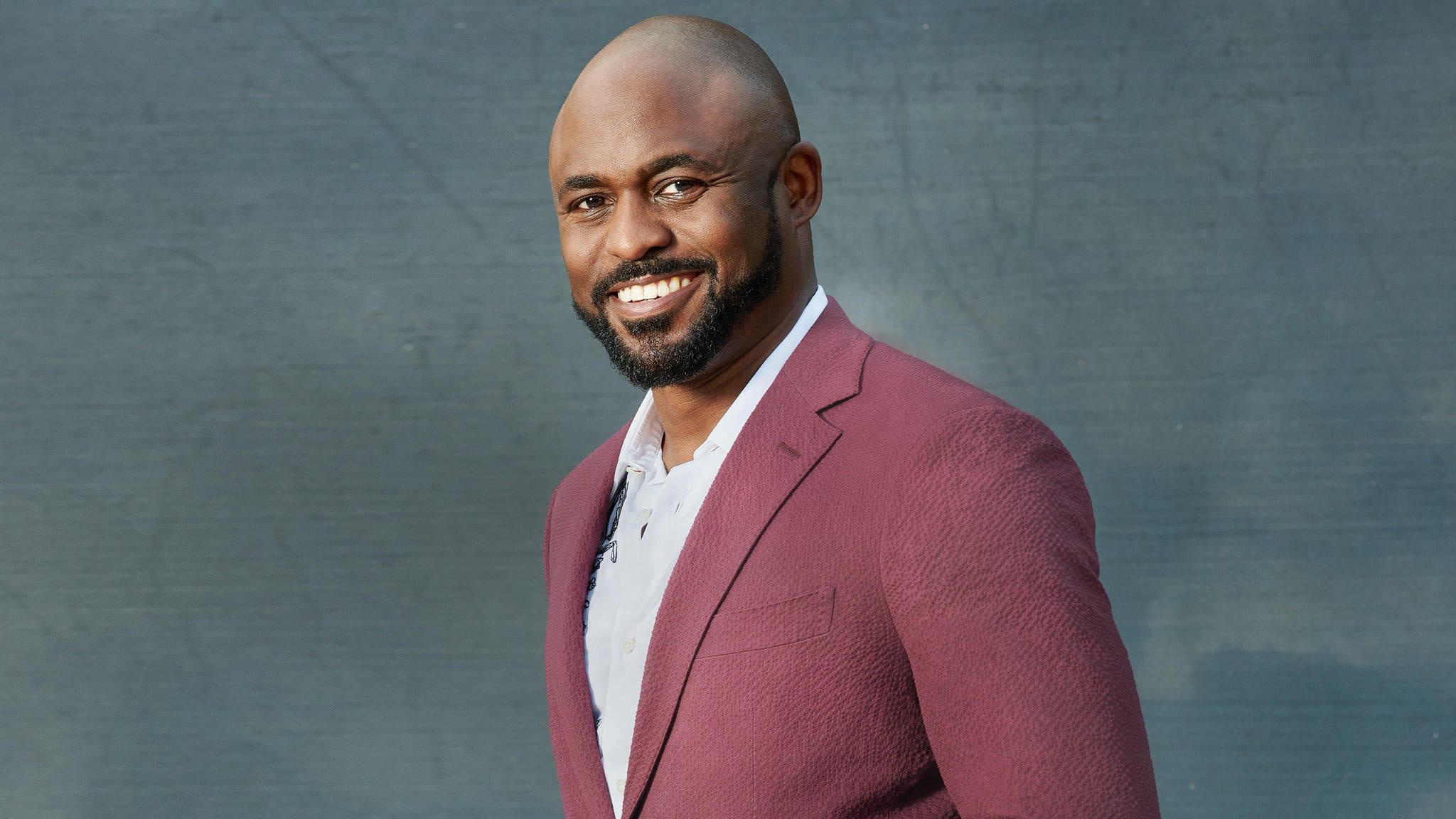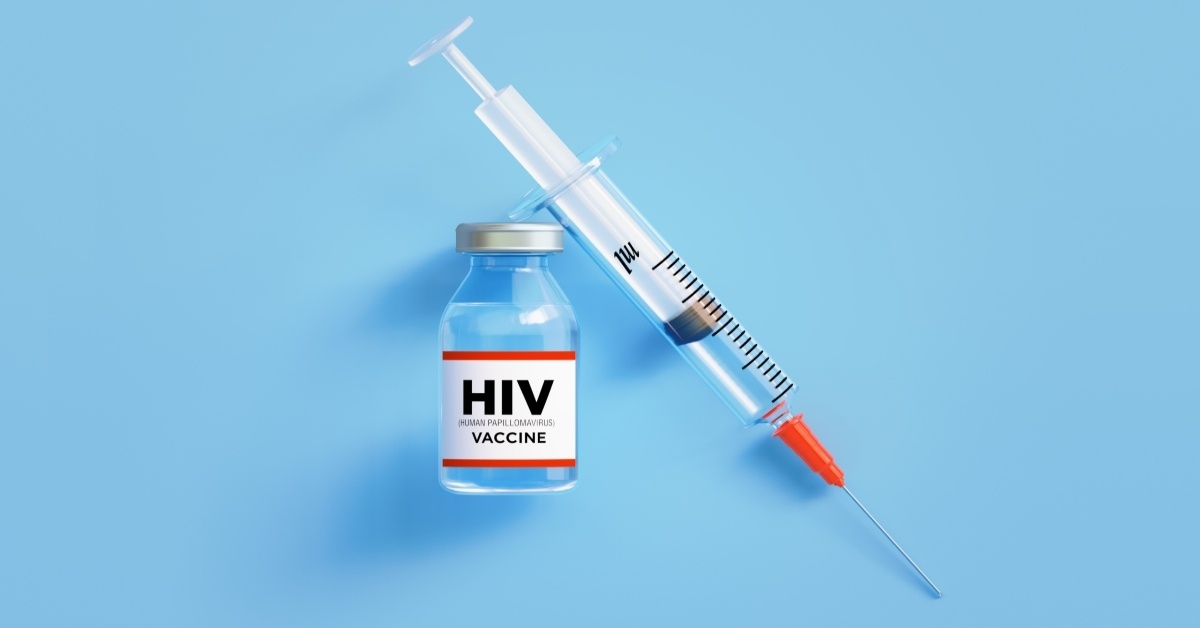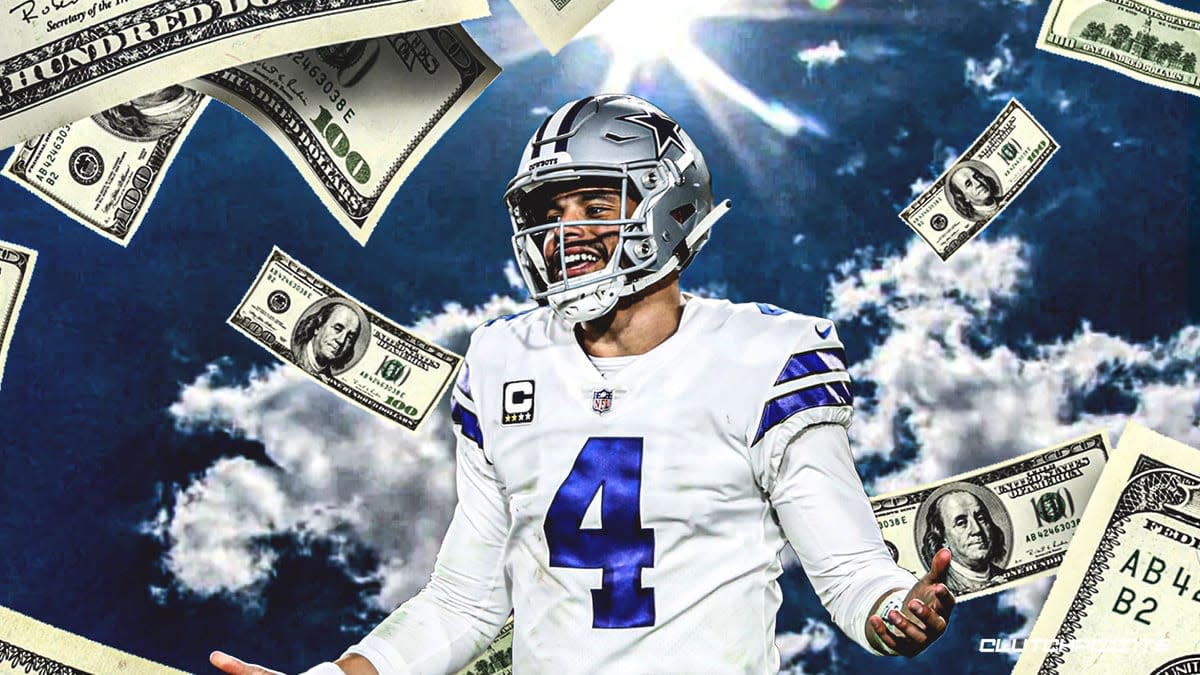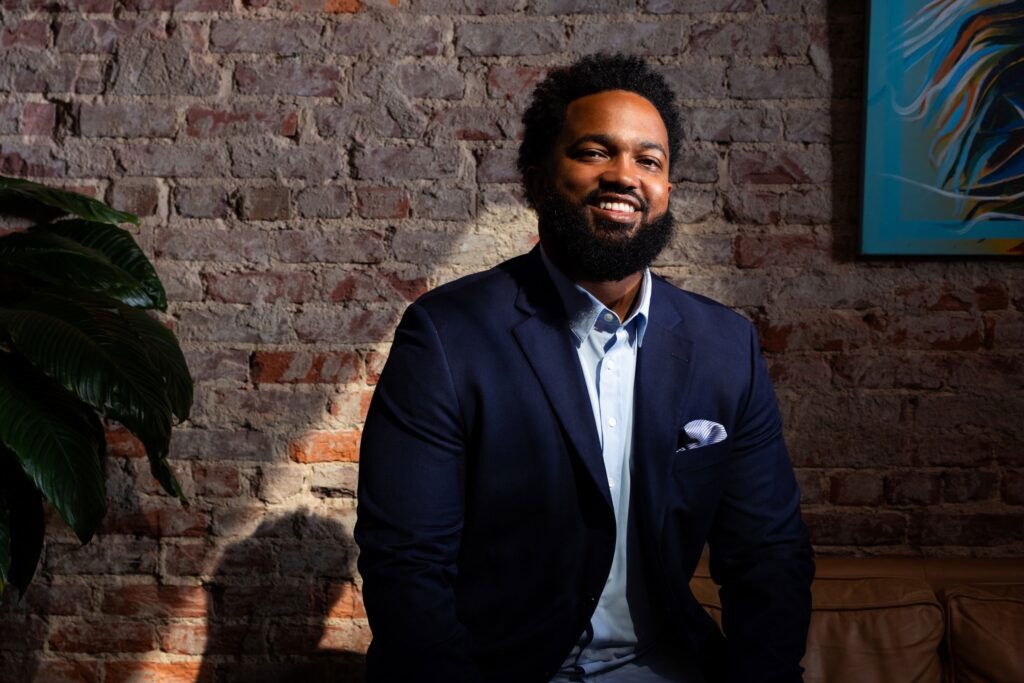Wayne Brady Says Robin Williams’ Death Made Him Address His Depression: ‘I Didn’t Want That for Myself’
“Let’s Make A Deal” host Wayne Brady is now opening up about depression. via: People After struggling with mental health throughout his 30s, the actor and TV host admitted that his depression reached a point around his 42nd birthday when he couldn’t “shake it off” anymore. “[I] think depression is an insidious beast,” Brady, 50, The post Wayne Brady Says Robin Williams’ Death Made Him Address His Depression: ‘I Didn’t Want That for Myself’ appeared first on LOVEBSCOTT.


“Let’s Make A Deal” host Wayne Brady is now opening up about depression.
via: People
After struggling with mental health throughout his 30s, the actor and TV host admitted that his depression reached a point around his 42nd birthday when he couldn’t “shake it off” anymore.
“[I] think depression is an insidious beast,” Brady, 50, told the outlet. “It’s an insidious disease that, in hindsight, I feel that I’ve always been depressed. [I] now know that…for years, I had an imbalance that I just didn’t deal with.”
The star says the death of actor and comedian Robin Williams motivated him to address his own depression and seek help. Williams died by suicide at age 63 in August 2014.
“Robin was someone that I respect greatly, was blessed to work with him. I was touched by him my entire life,” the Masked Singer winner explained. “And when you see someone who had the mind of Robin Williams, and the kindness of Robin Williams, and the talent of Robin Williams say, ‘I cannot talk to anybody about what is going on with me because it’s too great,’… I knew that I didn’t want that for myself.”
Brady noted that as a comedian, it can be difficult to push through his own feelings and bring joy to others, despite his love for performing.
“The reality is everybody’s dealing with something every day. Just because someone makes you laugh doesn’t mean that they can’t have an ordinary feeling,” he added. “They make you laugh because it’s their job. Because it’s their calling. It’s not a personality trait. So, when someone asks, ‘Well, you must be funny at home. Why are you sad?’ No, because that’s my job, and I show up for my job.”
Additionally, the actor explained that he finally went to therapy after a push from his ex-wife and business partner Mandie Taketa. Before that point, he thought getting help for mental health was a sign of weakness.
“Because I think, like a lot of people in the African American culture, I grew up thinking that therapy was a bad word or therapy’s not for me — therapy’s for white people, therapy’s for crazy people,” Brady told Verywell Mind. “So it took a lot of work to open my eyes to see that asking for help is not a weakness. In fact, that’s a strength saying I need this. That’s a superpower.”
“Stigma is in your head. Yes, certain people may judge you, but that’s life,” he continued. “But the fact is, if you’re not getting help because you feel and you use the words, ‘Well, that’s not for me,’ or ‘I’m gonna get judged,’ or ‘I can’t talk to some stranger,’ then I just say to you, if I can say to you that going to therapy, and talking and actually taking care of your mental health is akin to somebody with a disease. And if the doctor says, if you just take this pill every single day, I’m not saying that it’ll cure it, but it will definitely arrest it. Wouldn’t you take that pill? So, take it, take the pill of talking to someone.”
Brady says one of the reasons he’s so open to sharing his struggles with other people is because he believes talking about depression and therapy might motivate someone else to seek the care they need.
“I feel that the only way to get help for some people is to look at someone else,” he added.
The post Wayne Brady Says Robin Williams’ Death Made Him Address His Depression: ‘I Didn’t Want That for Myself’ appeared first on LOVEBSCOTT.












